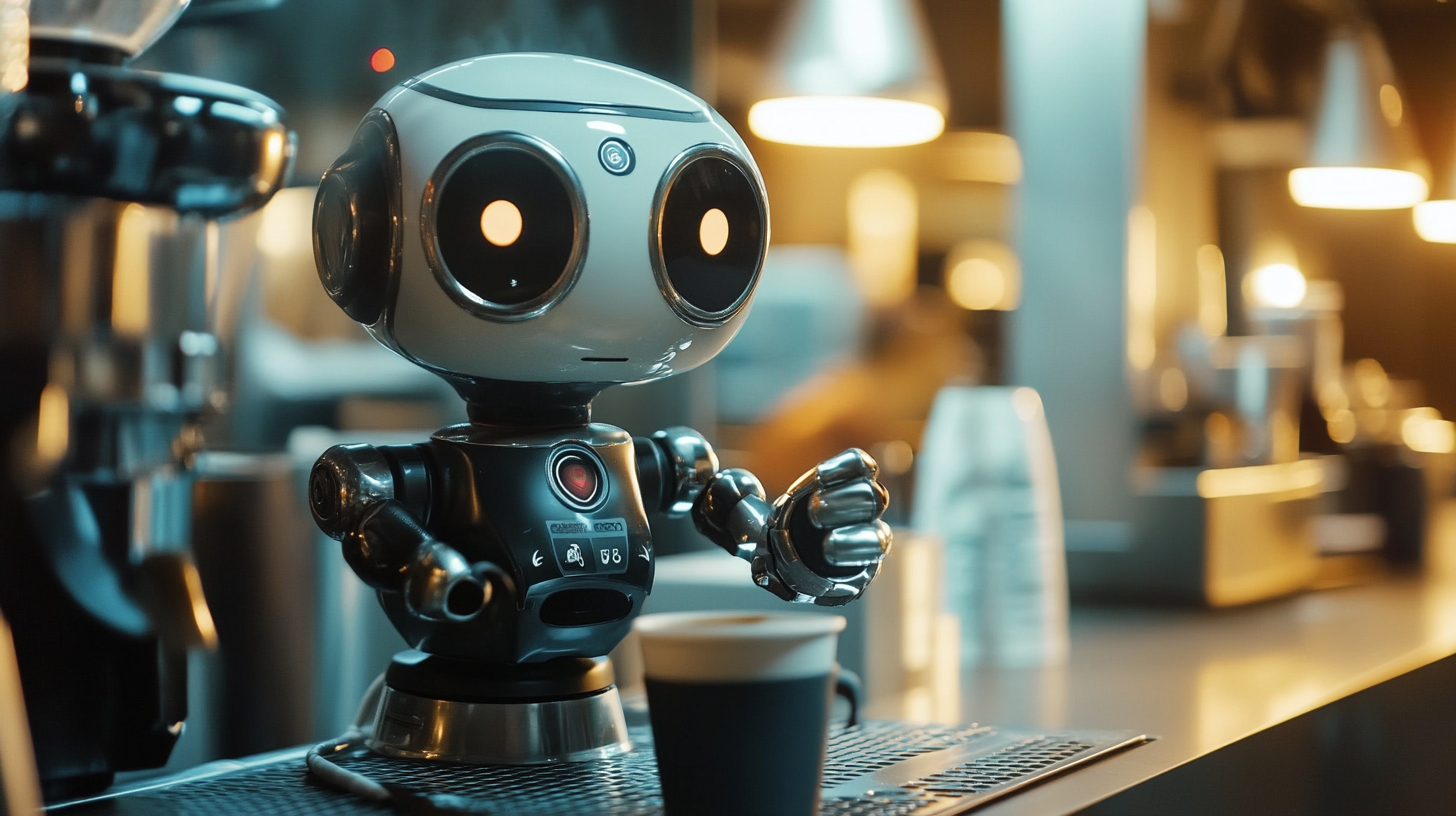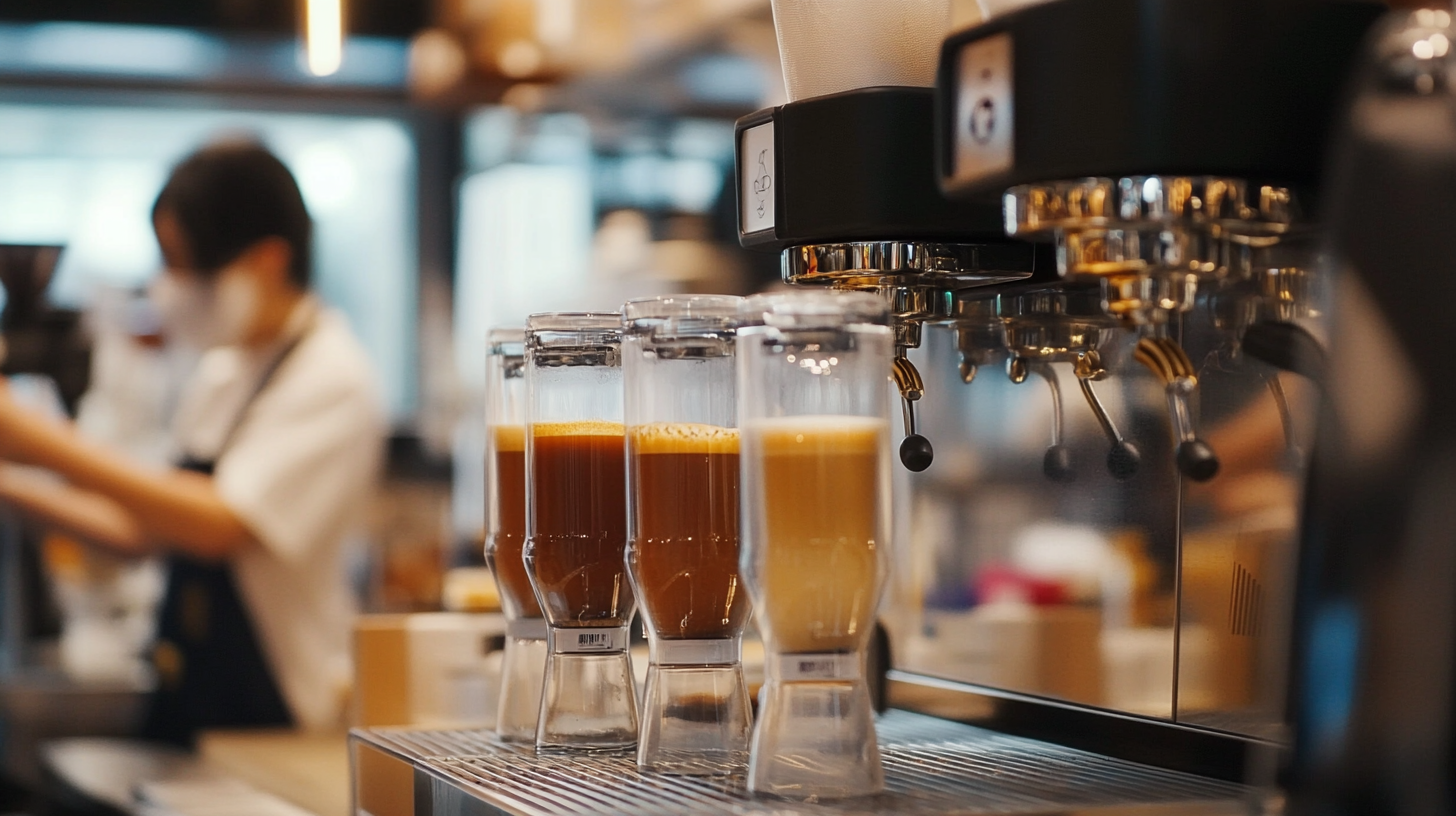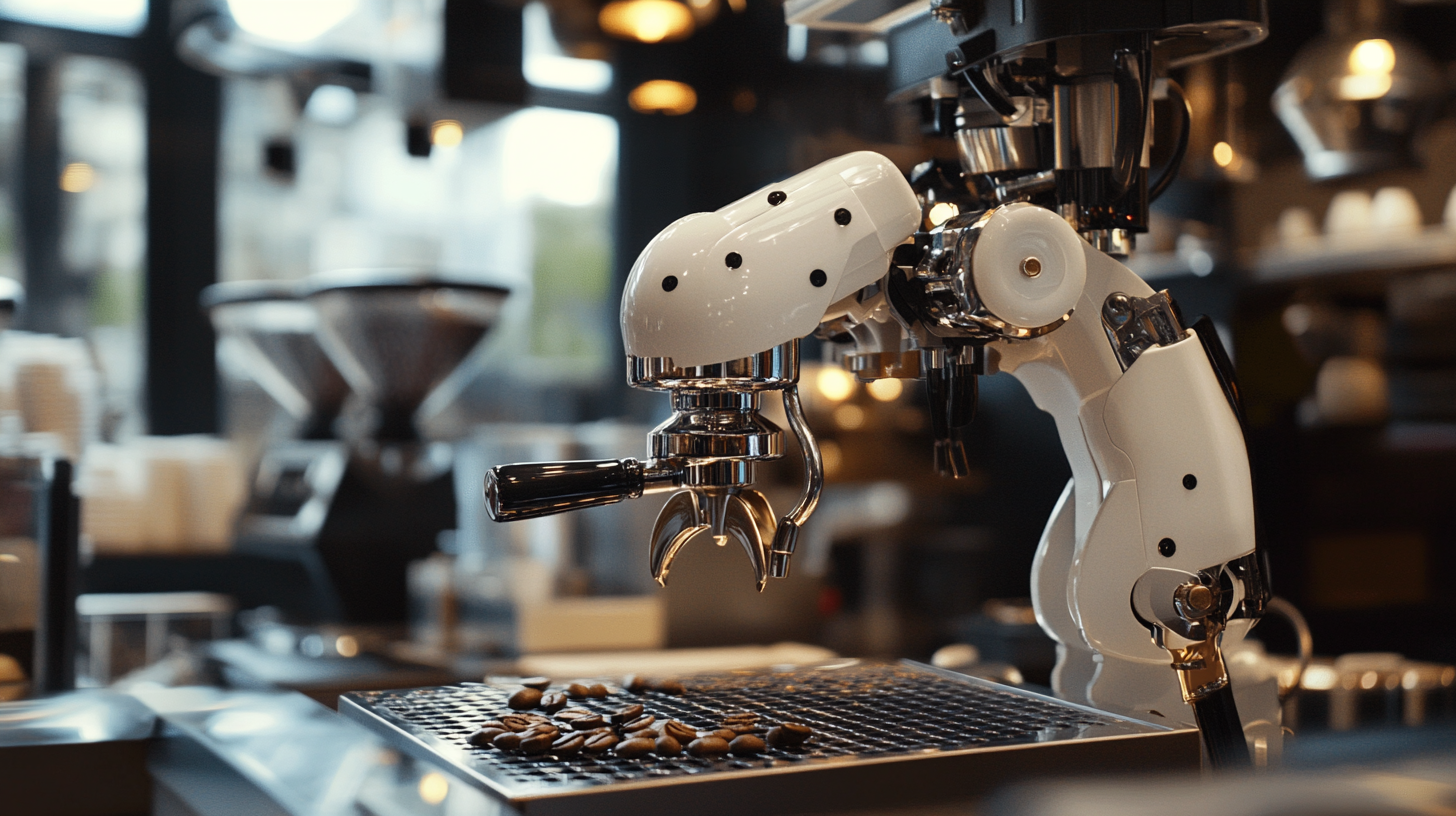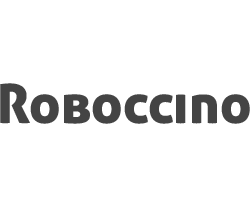Future Innovations in Coffee Robots and Essential Approaches for Success
As the coffee industry continues to evolve, the integration of technology has become pivotal in enhancing production efficiency and customer experience. Among these innovations, the emergence of the "coffee robot" stands out as a groundbreaking advancement, revolutionizing how coffee is prepared and served. According to a report by Research and Markets, the global coffee machine market is projected to grow significantly, with an estimated CAGR of 4.62% from 2021 to 2026. This growth is fueled by a rising demand for automation and the desire for high-quality, consistently brewed coffee. The coffee robot not only meets this demand but also aligns with changing consumer preferences for convenience and personalization.
The successful implementation of coffee robots involves more than just technological innovation; it requires a strategic approach that encompasses both the operational and customer engagement aspects of coffee businesses. A study from IBISWorld indicates that the coffee shop industry has seen a 3.3% annual growth rate, underscoring the importance of operational efficiency in a competitive market. By leveraging automation through coffee robots, businesses can reduce labor costs, minimize error, and create a unique customer experience, ultimately driving profitability. In this blog, we will explore future innovations in coffee robots and essential strategies for capitalizing on this exciting trend.

Technological Advancements Driving Coffee Robot Innovation
The coffee industry is undergoing a remarkable transformation driven by technological advancements that are reshaping how coffee is brewed, served, and experienced. According to a report by Allied Market Research, the global coffee machine market is projected to reach $6.47 billion by 2026, growing at a compound annual growth rate (CAGR) of 4.6%. This growth is largely attributed to innovations in robotics and automation, which are streamlining coffee preparation and enhancing consistency in beverage quality.
One significant advancement is the integration of artificial intelligence (AI) and machine learning into coffee brewing systems. These technologies enable coffee robots to learn from user preferences and adjust brewing parameters in real time. For example, companies like Cafe X have developed robotic coffee kiosks that use AI to personalize drinks based on customer feedback, resulting in a tailored coffee experience. This kind of innovation not only improves customer satisfaction but also increases operational efficiency, allowing businesses to serve high-quality coffee at a lower cost.
Additionally, advancements in mobile technology are also playing a crucial role in driving coffee robot innovation. With the increasing popularity of mobile ordering apps, coffee robots are now equipped to integrate seamlessly with these platforms, allowing for advanced ordering and payment options. A recent survey by Statista shows that mobile ordering in the coffee sector is expected to rise by 25% over the next five years, highlighting the need for coffee businesses to adopt automation technologies to meet consumer demand. As coffee robots become more interconnected with consumer technology, the possibilities for customization and convenience are expanding, setting the stage for the future of coffee service.
Key Features that Make Coffee Robots Stand Out in the Market
In recent years, the coffee industry has seen a remarkable transformation with the introduction of coffee robots, which are poised to redefine the way we experience our daily brew. Key features that make these machines stand out in the market include precision brewing, versatility, and user-friendly interfaces. According to a report by Mordor Intelligence, the global coffee machine market is expected to grow at a CAGR of 5.4% from 2021 to 2026, indicating a significant demand for innovative solutions like coffee robots.
Precision brewing technology is one of the standout features that give coffee robots a competitive edge. Many models incorporate algorithms that analyze the bean type, grind size, and water temperature to produce a perfect cup tailored to individual preferences. Studies show that 70% of coffee drinkers prioritize flavor consistency, making this technology crucial for consumer satisfaction. Furthermore, advancements in artificial intelligence allow these robots to learn from user feedback, continuously improving their brewing techniques.
Versatility is another major aspect driving the popularity of coffee robots. These machines often come equipped with multiple functions, from espresso shots to specialty lattes, catering to a wide range of coffee enthusiasts. With a growing trend towards home brewing—illustrated by a 35% increase in home coffee consumption during the pandemic—coffee robots are becoming indispensable in many households. User-friendly interfaces with smartphone connectivity further enhance the experience, allowing for easy customization and accessibility, attracting tech-savvy consumers. As the coffee market evolves, embracing these innovations is essential for brands to stay relevant and capture the attention of discerning customers.

Essential Strategies for Businesses to Integrate Coffee Robots Successfully
As coffee robots increasingly become a part of the café landscape, businesses must adopt essential strategies to integrate these innovations successfully. Firstly, assessing customer preferences is vital. Before implementing coffee robots, businesses should gather data on customer behaviors, tastes, and expectations. This understanding ensures the technology is aligned with what consumers desire, enhancing the overall experience rather than detracting from the personal touch that many coffee lovers cherish.
Secondly, effective training for staff is crucial. While coffee robots are designed to streamline operations, the human element remains indispensable. Employees should be trained not only to operate the machines but also to manage customer interactions, ensuring a blend of technology and personal service. This dual approach can alleviate customer concerns about automation while enhancing efficiency in service delivery.
Moreover, fostering a strong marketing strategy around the introduction of coffee robots can create excitement and interest among customers. Highlighting the benefits of these robots—like consistency in quality, reduced wait times, and unique beverage offerings—can entice patrons to visit the establishment. Engaging customers through social media and in-store promotions can further solidify their acceptance and enjoyment of the new technology, positioning businesses to thrive in an increasingly competitive landscape.

The Future of Customer Experience with Automated Coffee Solutions
The evolution of customer experience through automated coffee solutions is rapidly transforming the coffee industry, reflecting a wider trend in the global market. With the global smart vending machine market projected to grow from $11.47 billion in 2025 to $36.89 billion by 2032, at an impressive compound annual growth rate (CAGR) of 18.2%, the integration of robotics and AI in coffee services is on the rise. These innovations not only streamline operations but also enhance the quality and consistency of coffee delivery, ensuring customer satisfaction.
As robotic baristas and AI-driven coffee machines become more prevalent, businesses are beginning to leverage technology to redefine the customer experience. For instance, the deployment of intelligent robots capable of making personalized coffee selections on demand is a game-changer. These machines are not just about speed; they are designed with advanced sensors and adaptive learning capabilities, allowing them to understand customer preferences over time, thereby creating a more tailored experience.
Moreover, the potential for enhancing customer interaction through technology extends beyond traditional coffee services. With ongoing developments, companies are integrating AI into mobile devices, enabling seamless transactions such as ordering coffee with simple voice commands or even facial recognition. This capability signifies a shift towards an entirely automated customer journey, where users can enjoy their coffee experience without friction, fundamentally altering their engagement with coffee brands.
Sustainability and Ethical Practices in Coffee Robot Development
In the rapidly evolving world of coffee robotics, sustainability and ethical practices are emerging as crucial components in the development of automated coffee machines. As consumers become more environmentally conscious, the demand for eco-friendly products has skyrocketed. Coffee robots must integrate sustainable sourcing and energy-efficient technologies, ensuring that their entire lifecycle—from production to brewing—minimizes environmental impact. Utilizing recyclable materials and renewable energy sources not only reduces the carbon footprint but also aligns with the growing consumer preference for brands that prioritize environmental stewardship.
Moreover, the ethical implications of labor in coffee production cannot be overlooked. The coffee industry has long been plagued by issues related to fair trade and the treatment of workers. Incorporating ethical practices into coffee robot development involves not only choosing ethically sourced beans but also fostering transparency in the supply chain. By collaborating with fair trade organizations and local farmers, developers can create a system that supports sustainable livelihoods and promotes equitable treatment for all individuals involved in the coffee production process. This approach enriches the brand's narrative and builds trust with consumers who are increasingly seeking out products that align with their values.
Ultimately, the future of coffee robots lies in a balanced approach that harmonizes innovation with sustainability and ethics. These principles will not only enhance product appeal but also ensure that advancements in coffee technology contribute positively to the global community and the environment. As the market for coffee robots continues to grow, those who prioritize these essential approaches will likely lead the charge in defining what the next generation of coffee innovation looks like.

